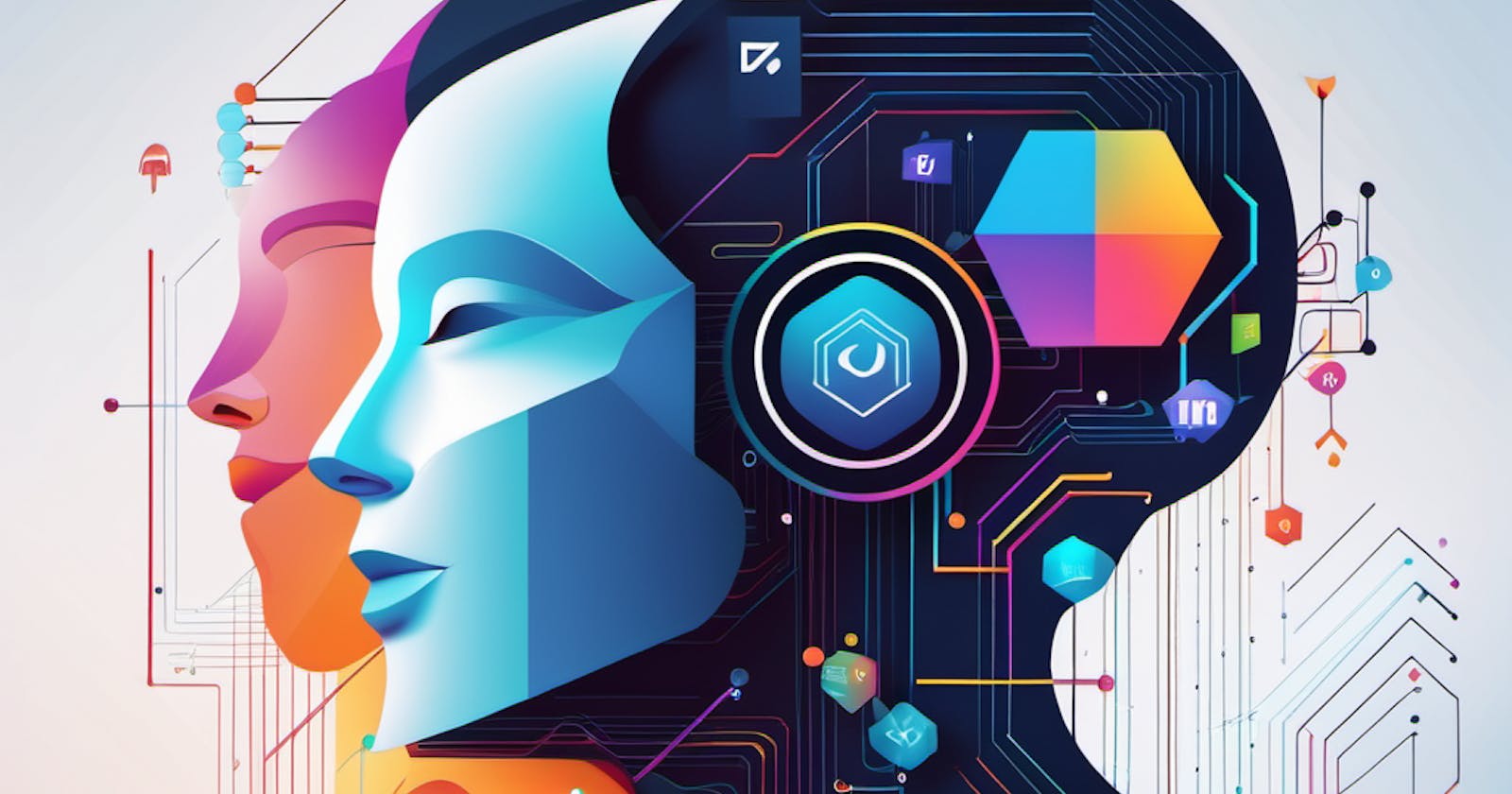Artificial intelligence and machine learning are growing at a rapid pace. Open-source AI projects play an important role in fueling this growth by making cutting-edge research and tools accessible to all.
Artificial Intelligence (AI) has become a driving force in technology, transforming industries and reshaping our daily lives. Open-source AI projects play a crucial role in advancing AI research and development by fostering collaboration, innovation, and accessibility. In this blog, we will explore the top open-source AI projects that are making significant contributions to the field. These projects encompass a wide range of applications, from natural language processing to computer vision, reinforcement learning, and more. Let's dive into the fascinating world of open-source AI.
TensorFlow
TensorFlow, developed by Google Brain, is one of the most popular deep learning frameworks. It offers a flexible ecosystem for building and deploying machine learning models, with support for various platforms and devices. TensorFlow's vast community and extensive documentation make it a top choice for AI researchers and practitioners.

PyTorch
PyTorch, maintained by Facebook's AI Research Lab (FAIR), is another powerful deep-learning framework. Known for its dynamic computation graph and intuitive interface, PyTorch has gained widespread popularity among researchers and developers. Its flexibility and easy debugging make it ideal for experimenting with new AI ideas.
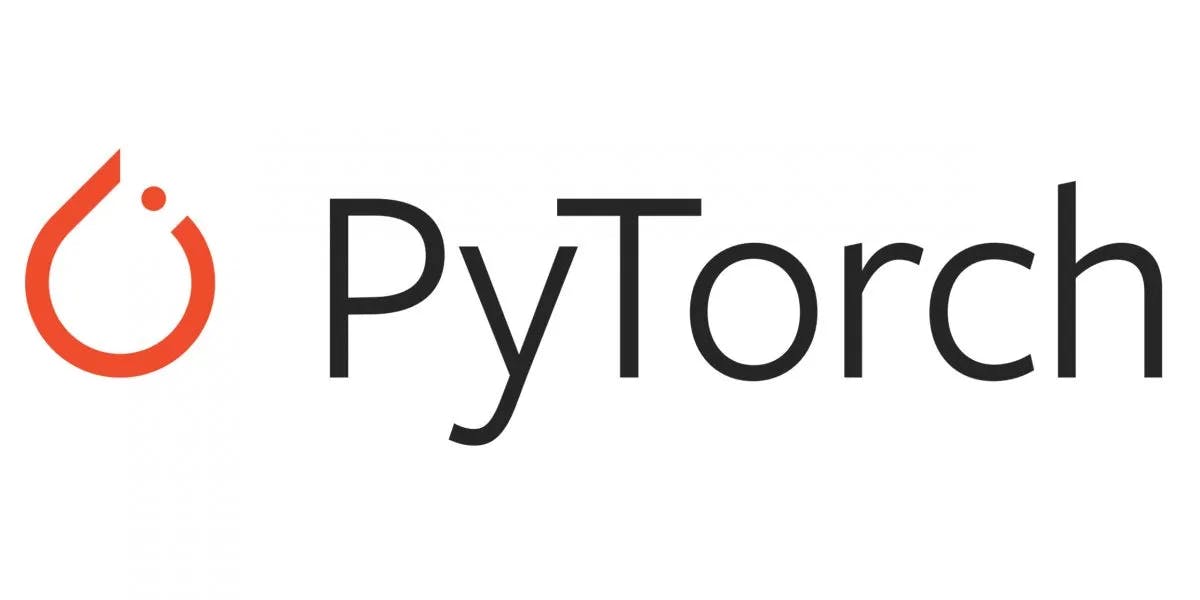
scikit-learn
Scikit-learn is a machine-learning library for Python that provides simple and efficient tools for data mining and data analysis. It includes a wide range of algorithms for tasks like classification, regression, clustering, and dimensionality reduction. Scikit-learn is user-friendly and widely used in both academia and industry.
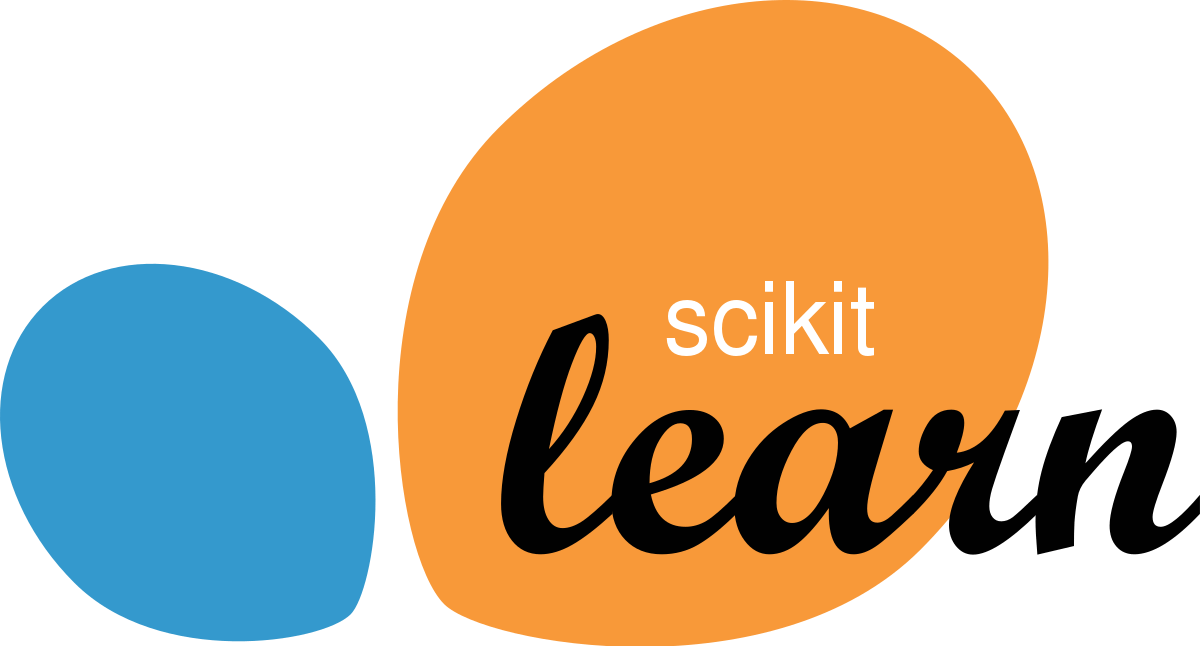
Keras
Keras is a high-level neural networks API written in Python. While it can run on top of various deep learning frameworks, it is most commonly used with TensorFlow. Keras offers a straightforward and user-friendly interface for building and training neural networks, making it an excellent choice for beginners.

Pandas
Pandas is an essential Python library for data manipulation and analysis. It provides data structures like DataFrames and Series, which simplify data handling and exploration. Pandas are a must-have tool for any AI or data science project.
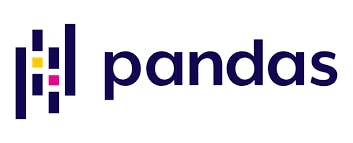
Speech Recognition
Speech Recognition is an open-source Python library for performing speech recognition, with support for several engines and APIs such as Google Speech Recognition, CMU Sphinx, and Wit.ai.
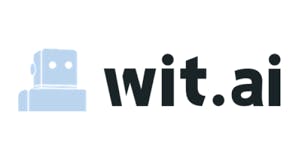
Apache Spark
Apache Spark is a powerful, open-source data processing engine for big data analytics. While not exclusive to AI, Spark's distributed computing capabilities make it a critical tool for processing and analyzing large-scale datasets, a common task in AI research.
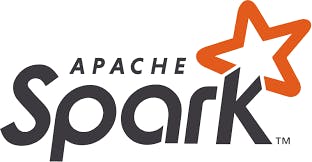
Hugging Face Transformers
The Transformers library from Hugging Face has become the go-to resource for natural language processing (NLP) tasks. It provides pre-trained models for tasks like text classification, language translation, and sentiment analysis, making it incredibly valuable for NLP researchers and practitioners.

Fastai
Fastai is a high-level deep-learning library built on top of PyTorch. It offers an easy-to-use API for training deep learning models and includes a range of useful features for rapid experimentation, such as learning rate finders and one-cycle training.
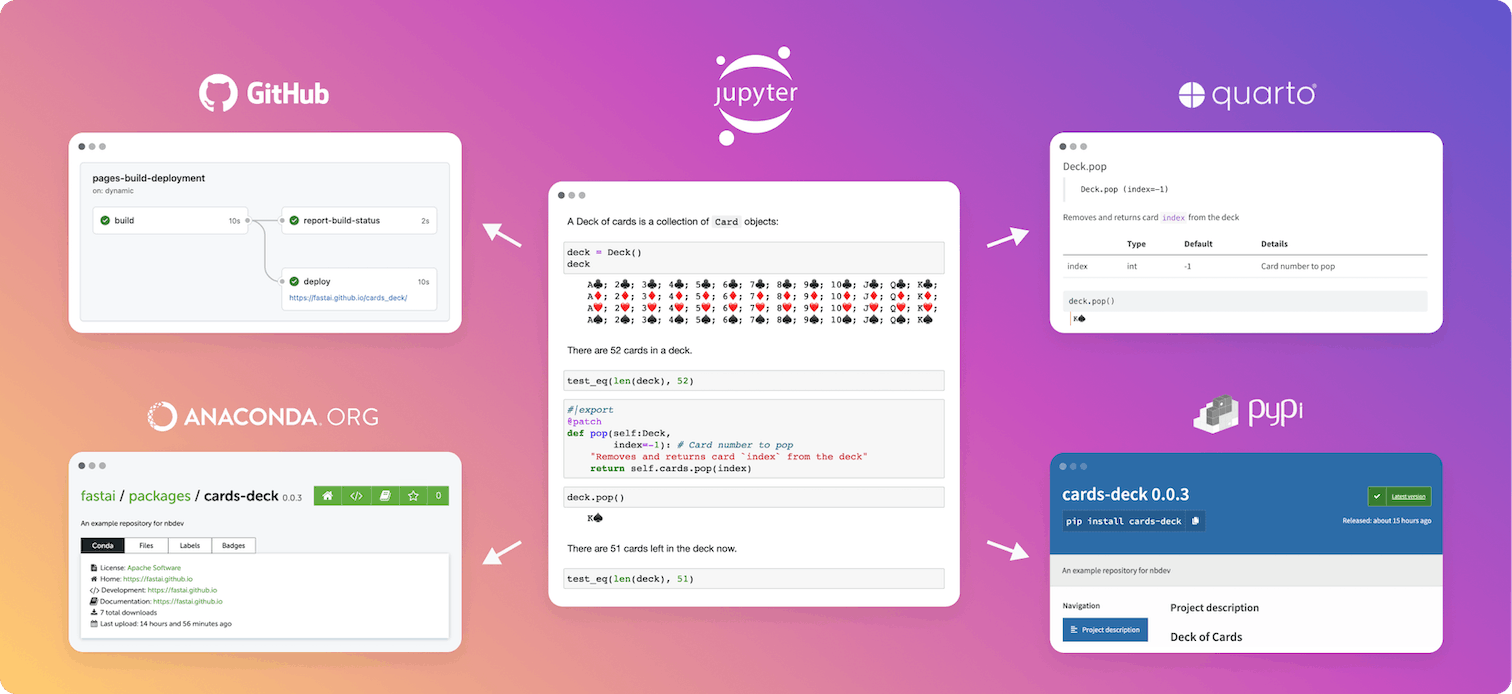
XGBoost
XGBoost is an open-source gradient boosting library that excels in machine learning competitions. It's known for its speed and performance, making it a favorite among data scientists for solving complex tabular data problems.
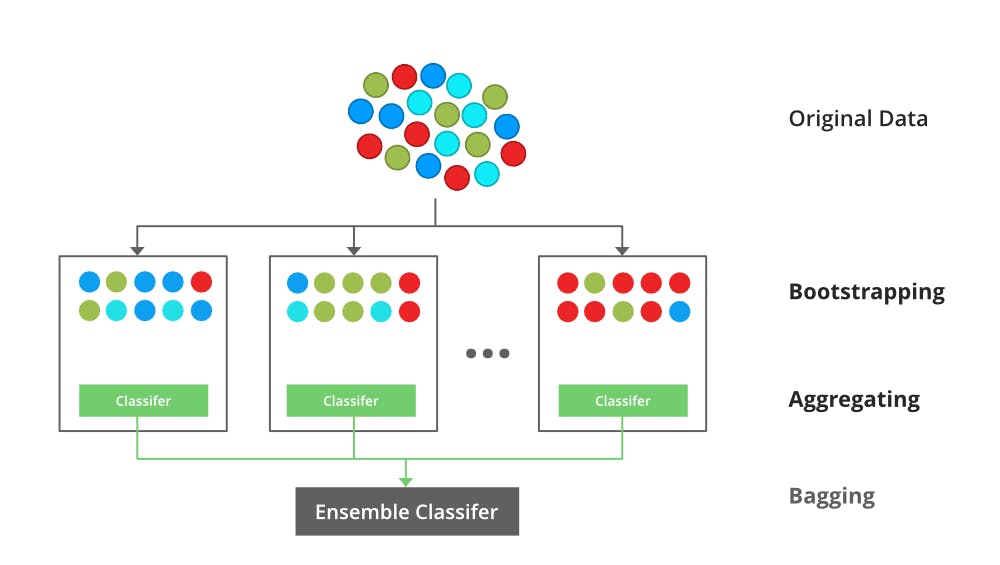
SpaCy
SpaCy is a popular natural language processing library for Python. It offers efficient text processing capabilities, including tokenization, part-of-speech tagging, and named entity recognition. SpaCy is widely used for various NLP tasks.
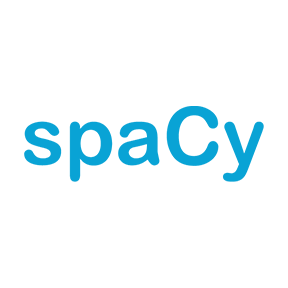
OpenCV
OpenCV (Open Source Computer Vision Library) is a comprehensive computer vision library with a vast collection of tools and algorithms. It's used in a wide range of applications, from robotics and autonomous vehicles to facial recognition and augmented reality.

AllenNLP
AllenNLP is an open-source natural language processing library designed for research in deep learning for NLP. It provides pre-built components for tasks like text classification, language modeling, and more, enabling researchers to focus on model development.

Apache MXNet
Apache MXNet is a deep learning framework with a focus on scalability and efficiency. It offers support for various programming languages and has a reputation for being fast and resource-efficient, making it suitable for deploying AI models in resource-constrained environments.

Gensim
Gensim is an open-source library for natural language processing and topic modeling. It specializes in unsupervised machine learning and provides tools for training word embeddings and discovering latent patterns in text data.
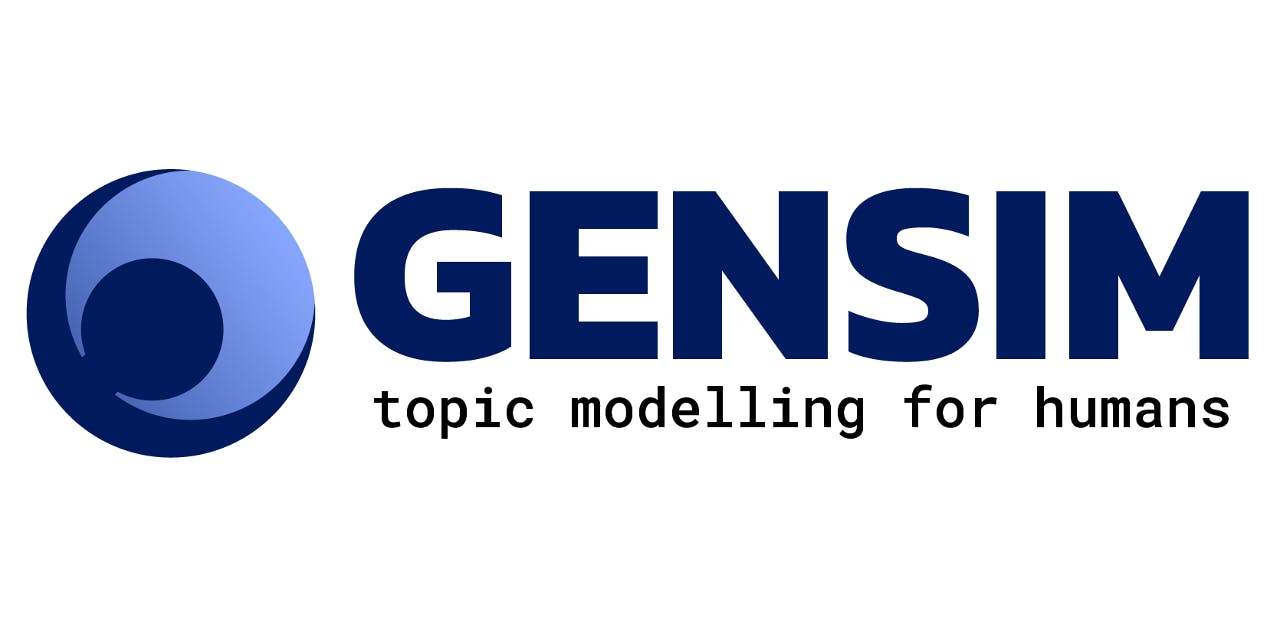
Deep Speech
Deep speech is an open-source automatic speech recognition (ASR) engine developed by Mozilla. It can convert spoken language into written text and is a valuable resource for building voice-controlled applications and transcription services.
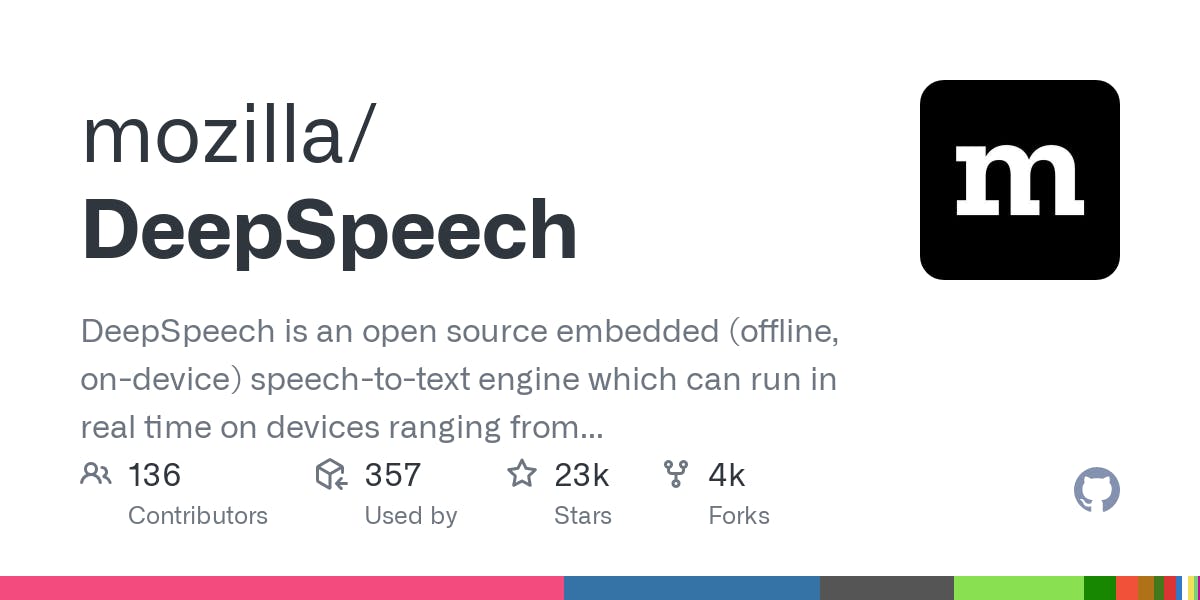
PaddlePaddle
PaddlePaddle, also known as Paddle, is an open-source deep-learning framework developed by Baidu. It supports various deep learning models and is known for its ease of use, especially for tasks like image classification and object detection.

CNTK (Microsoft Cognitive Toolkit)
Microsoft Cognitive Toolkit (CNTK) is a deep learning framework developed by Microsoft. While it's less popular than TensorFlow or PyTorch, CNTK offers excellent performance and scalability for training large neural networks.
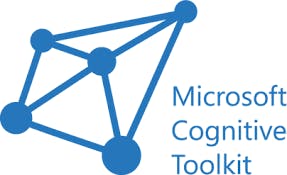
NLTK
The Natural Language Toolkit (NLTK) is a suite of libraries and programs for symbolic and statistical natural language processing (NLP) for English. It includes text-processing libraries for classification, tokenization, stemming, tagging, parsing, and semantic reasoning.
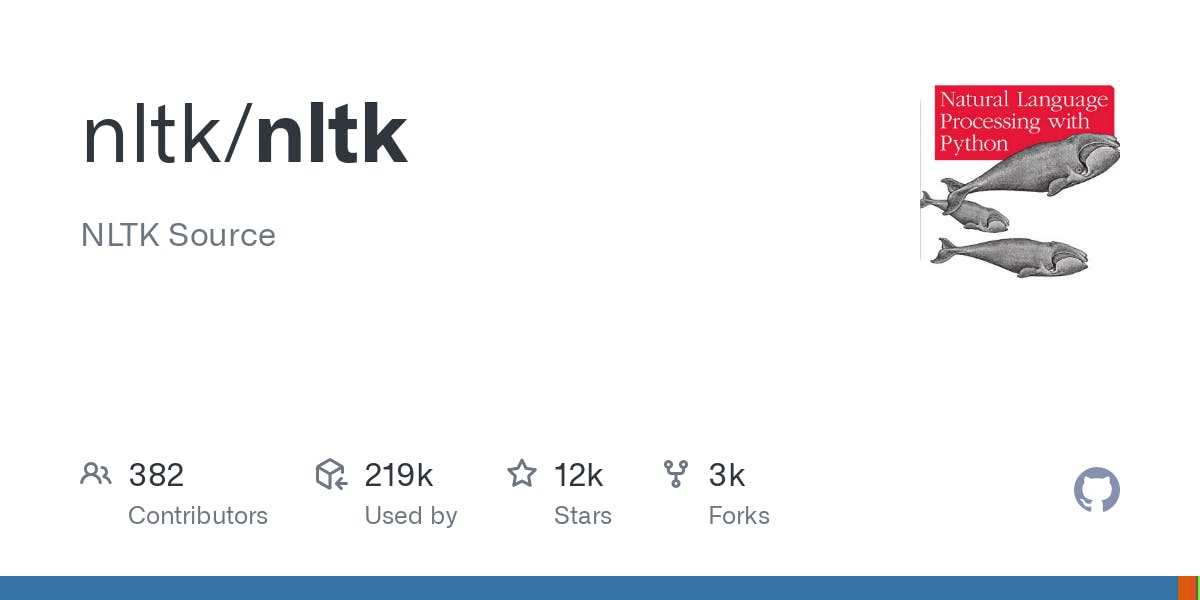
Chainer
Chainer is a Python-based deep-learning framework. It aims to reduce the burden of neural network implementation. Chainer allows you to declaratively define, train, and deploy neural networks. It supports both CPU and GPU computation.

Darknet
Darknet is an open-source neural network framework written in C and CUDA. It is fast, easy to install, and supports CPU and GPU computation. The darknet is often used for real-time image processing and object detection.
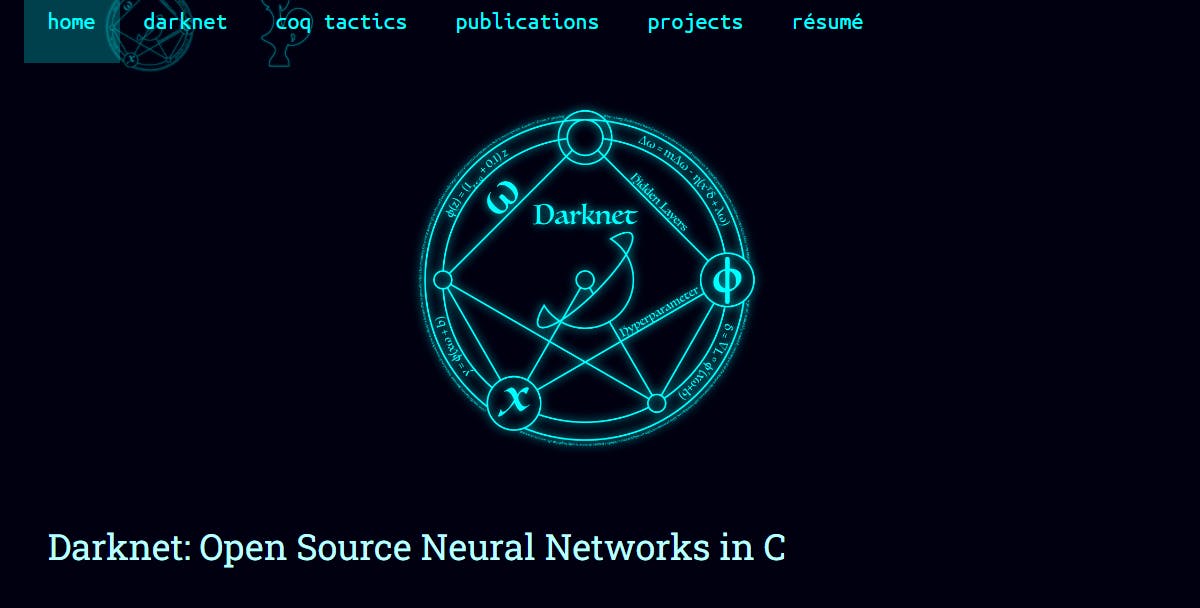
Conclusion
In conclusion, the world of artificial intelligence is evolving at an astonishing pace, with open-source AI projects serving as the bedrock for this transformation. These projects not only facilitate collaboration among researchers and developers but also democratize access to cutting-edge tools and technologies, accelerating progress in the field.
In the ever-expanding landscape of open-source AI projects, these tools not only fuel innovation but also bridge the gap between theory and practical application, making artificial intelligence more accessible and impactful than ever before. The collaborative spirit of these projects promises a future where AI continues to reshape industries and enrich our daily lives.
Thank you so much for reading 💖
Like | Follow | Subscribe to the newsletter.
